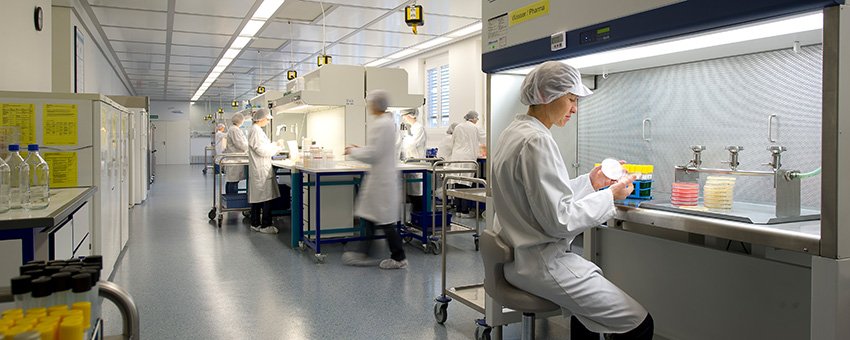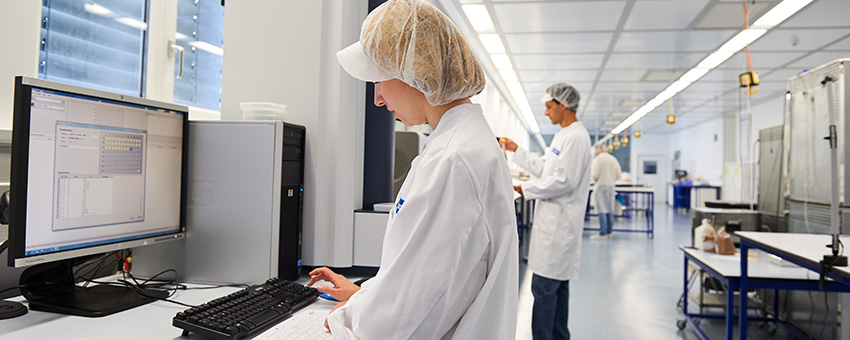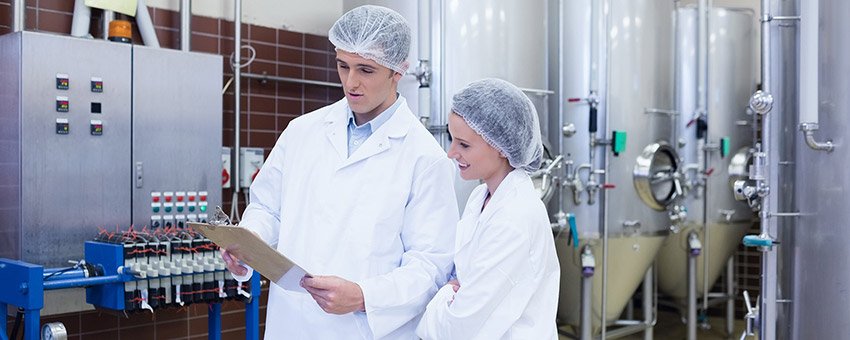show explanatory video
BAV Institut — partner for your quality control
The BAV INSTITUT is an accredited contract laboratory for food, cosmetic and pharmaceutical
companies. As well as laboratory tests, our specialties are practical advice and trainingcourses in
hygiene and quality inspections.
Our modern laboratory stands for speed, reliable results and flexibility, all made possible through
the competence of our staff, our high level of specialisation and many years of experience. As one
of the Tentamus laboratories, we are able to provide you with a wide range of microbiological and
chemical tests.
Your samples and requests are processed by our staff on a daily basis. Your personal contact is
readily available, providing a smooth partnership based on trust. Our objective is to provide fast
and reliable solutions, from collecting samples to the interpretation of your results. We always aim
for your utmost satisfaction!
News
updated on 27.12.2021
Food recall: Listeria monocytogenes in edible products
Again and again food is recalled due to the detection of Listeria monocytogenes. Most recently, these were detected in sausage, cheese made from pasteurised milk and various herring fillet products.
read more
updated on 23.12.2021
New article in SOFW Journal - MQM to control quality costs
In the current December issue of the SOFW Journal, Ms. Nussbaum of the BAV Institute (on behalf of the DGK) published the following article: "Microbiological Quality Management to Control Quality Costs (Part 2)".
read more
updated on 02.12.2021
BVL zoonosis monitoring detects STEC bacteria that pose a health risk
The German Federal Office of Consumer Protection and Food Safety (BVL) issued a press release about their Zoonosis Monitoring 2020. As part of the monitoring, Shiga toxin-producing Escherichia coli (STEC) were detected in some product groups. These bacteria can cause acute intestinal inflammation in humans, some of which can take a severe course.
read more
updated on 01.12.2021
Extended preservation efficacy tests (PET) with Pluralibacter gergoviae
The testing of the microbiological stability of cosmetics is carried out by the preservation efficacy test (KBT). This test is usually carried out in accordance with the DIN EN ISO 11930 standard, also as part of the cosmetics safety report.
read more
updated on 19.11.2021
Rapid method for the detection of Listeria spp. and Listeria monocytogenes.
Listeria monocytogenes in food can be the cause of serious foodborne illness. In case of crisis cases, an analysis as fast as possible is required.
read more
updated on 18.11.2021
Analytical tests in the preparation of the safety report of cosmetics
Regulation (EC) 1223/2009 makes clear specifications as to which data are to be taken into account within the framework of the preparation of a safety report. An important part is data on the stability of a cosmetic product.
read more
updated on 01.06.2021
Salmonella in food products
These bacteria are mostly transmitted through raw animal foods, especially poultry meat, eggs and pork. However, spices as well as herbs, can also be contaminated with salmonella. Salmonella is rarely found in most other foods.
read more
updated on 10.05.2021
Tenta Speed L. mono - A new rapid testing method for Listeria spp. and Listeria monocytogenes in food with detection in six hours!
Listeria monocytogenes plays an important role as an infectious agent in many different ready-to-eat foods.e.g. meat and fish products, cheese and fresh-cut salads. For this reason food manufacturers often carry out tests for the release of batches. These tests take at least 24 hours, in many cases depending on the method, this can even require serval days.
read more
updated on 05.01.2021
Stabilitätstests für kosmetische Mittel
Der Art. 3 der EU-Kosmetikverordnung VO (EG) 1223/2009 fordert, dass kosmetische Mittel für den Verbraucher sicher sein müssen.
read more
updated on 07.12.2020
Rapid testing method for Listeria spp. and Listeria monocytogenes in food with detection in six hours (same day result)
Listeria monocytogenes plays an important role as an infectious agent in many different ready-to-eat foods.e.g. meat and fish products, cheese and fresh-cut salads. For this reason food manufacturers often carry out tests for the release of batches. These tests take at least 24 hours, in many cases depending on the method, this can even require serval days.
read more
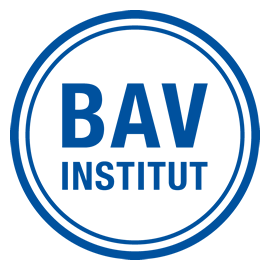
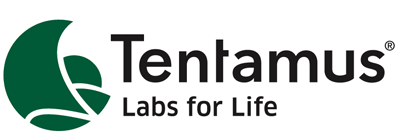
 de
de en
en


